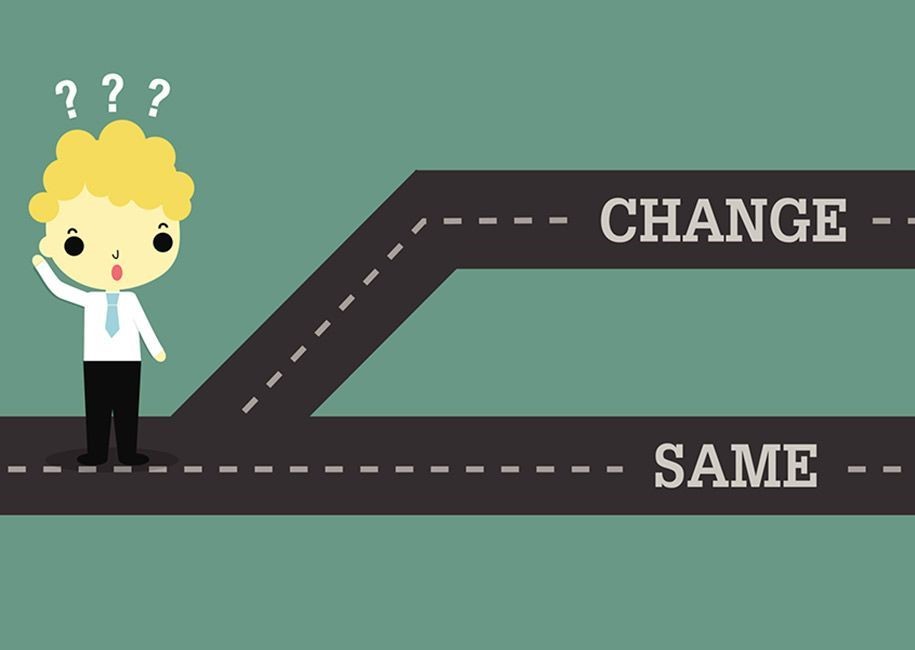Career Path Crisis Questions

Even though you spent years entrenched in studies meant to prepare you for a specific career path, it’s not unusual to second guess those choices you made as an 18 or 19-year-old. Don’t be too hard on your past self for your choices, it is practically impossible to pinpoint what your professional strengths, weaknesses, likes and dislikes are going to be when you are a young adult. The unfortunate reality is that the path that we started on at the beginning of our career may not fit our wants and needs as we progress in our professional life. Most of us will have a career path crisis at some point, but instead of quitting and finding a flashy new job the moment we start to doubt ourselves, it is important to take the time to reflect on whether we should forge a new path, branch out or stay the course.
The following questions will help guide you through the reflection process.
Are you unhappy with your career or do you dislike your job?
In this case, the words “career” and “job” are not synonymous and it is necessary to make that distinction before any major decisions are made. While you may dread waking up and going to your current job due to your company’s culture, coworkers or an industry you simply don’t feel passionate about, it is possible to still truly enjoy the functions and responsibilities that your career entails.
Are there recurring themes?
As you reflect on your career path, take note of any recurring themes. If you are continually unsatisfied with the content of your work despite changing jobs, branching off and starting a new career may be what is needed for you to find job satisfaction. On the other hand, if you have only become dissatisfied in your current job, the problem may lie with the job itself and not your career path as a whole.
Are your skills being utilized?
As you grow professionally, you will likely notice new skills emerge and skills that you thought were your strengths, weaken. Assess your current skills and determine if they are being utilized in your work. Do some brainstorming and talk to friends, family and professional contacts to determine if your skills would be a better fit in a different career.
Do you already have an alternative career in mind?
If you are already dreaming of an alternate career, chances are that you have already decided to move on but are just waiting for “the right time”. Keep in mind that in most cases there simply isn’t an ideal time to make such a major career change. If you have a career in mind, do your research, get organized, start applying and make moves to make a change.
Is there room to move within your company?
One way to gain experience in a different career, but not feel like you are making a drastic change, is to find out if there is room for you to move to a different area of your company. Maybe you have always worked in accounting but want to try your hand in marketing. Talk to your manager and HR to find out if you have enough transferable skills to make that move happen without completely leaving your comfort zone.
The career path that we started down early in our professional lives does not have to be the path that we stay on until retirement. Remember that career crises are normal, reflect before you act, and don’t be afraid to branch out.

